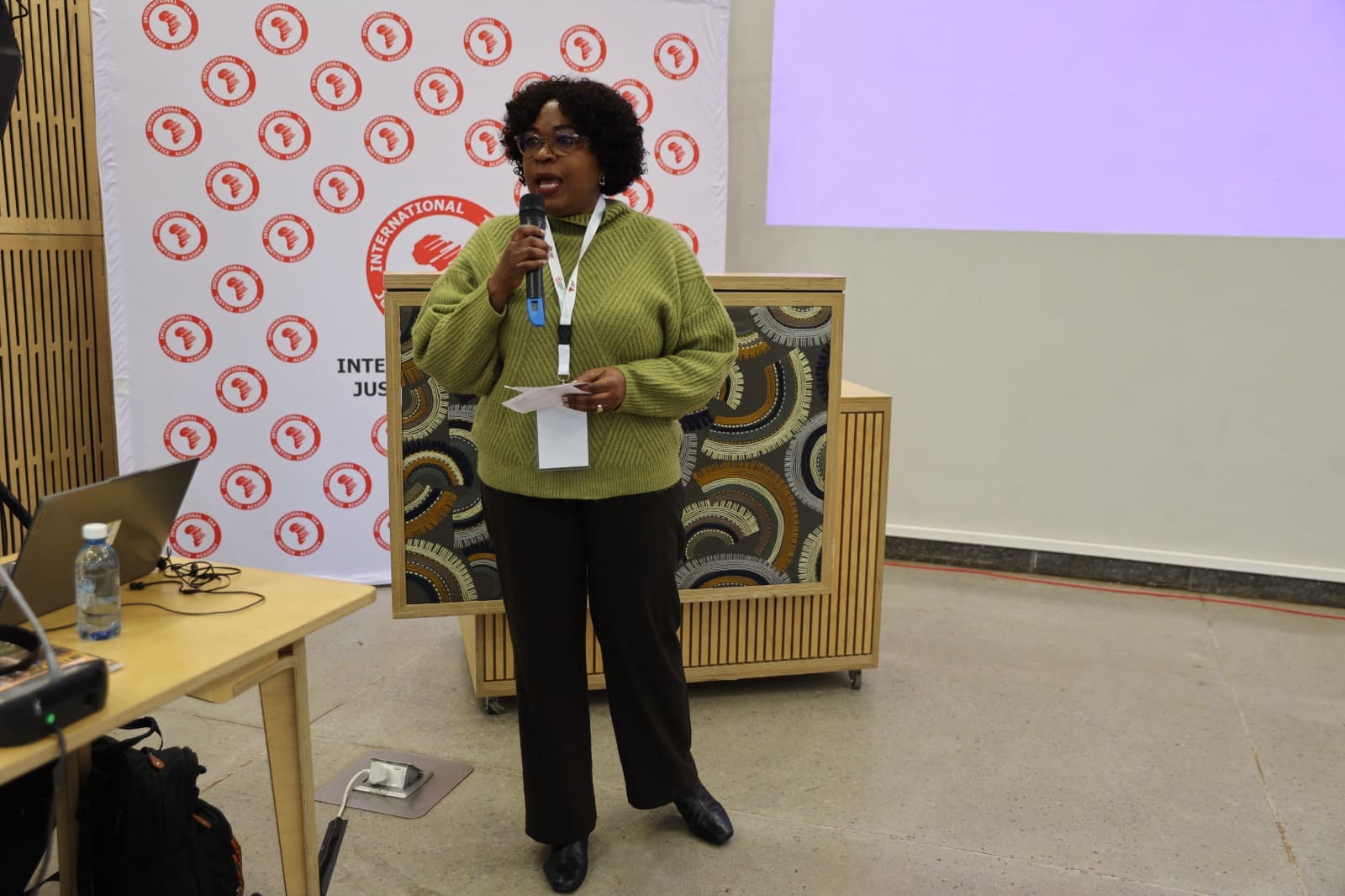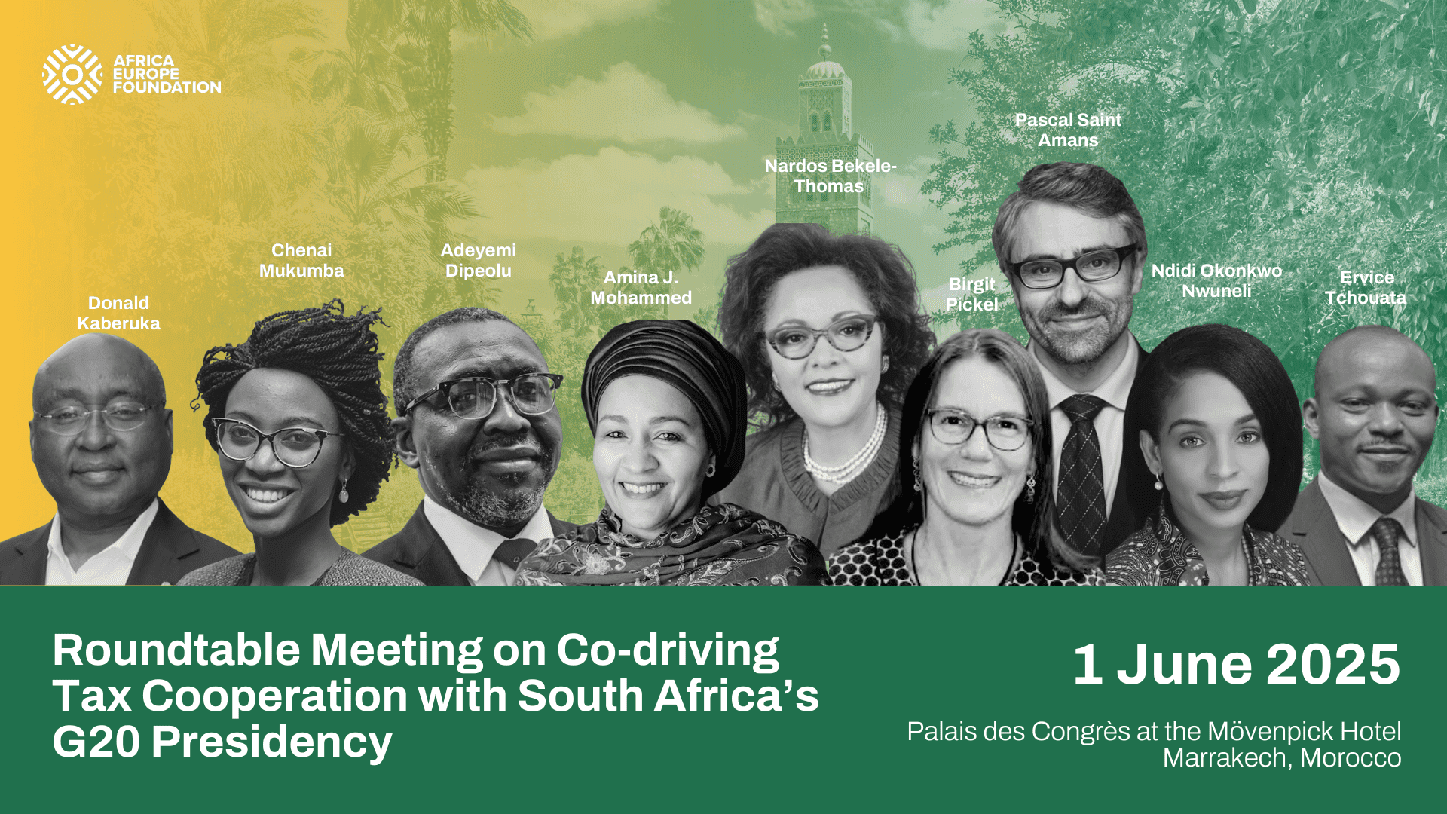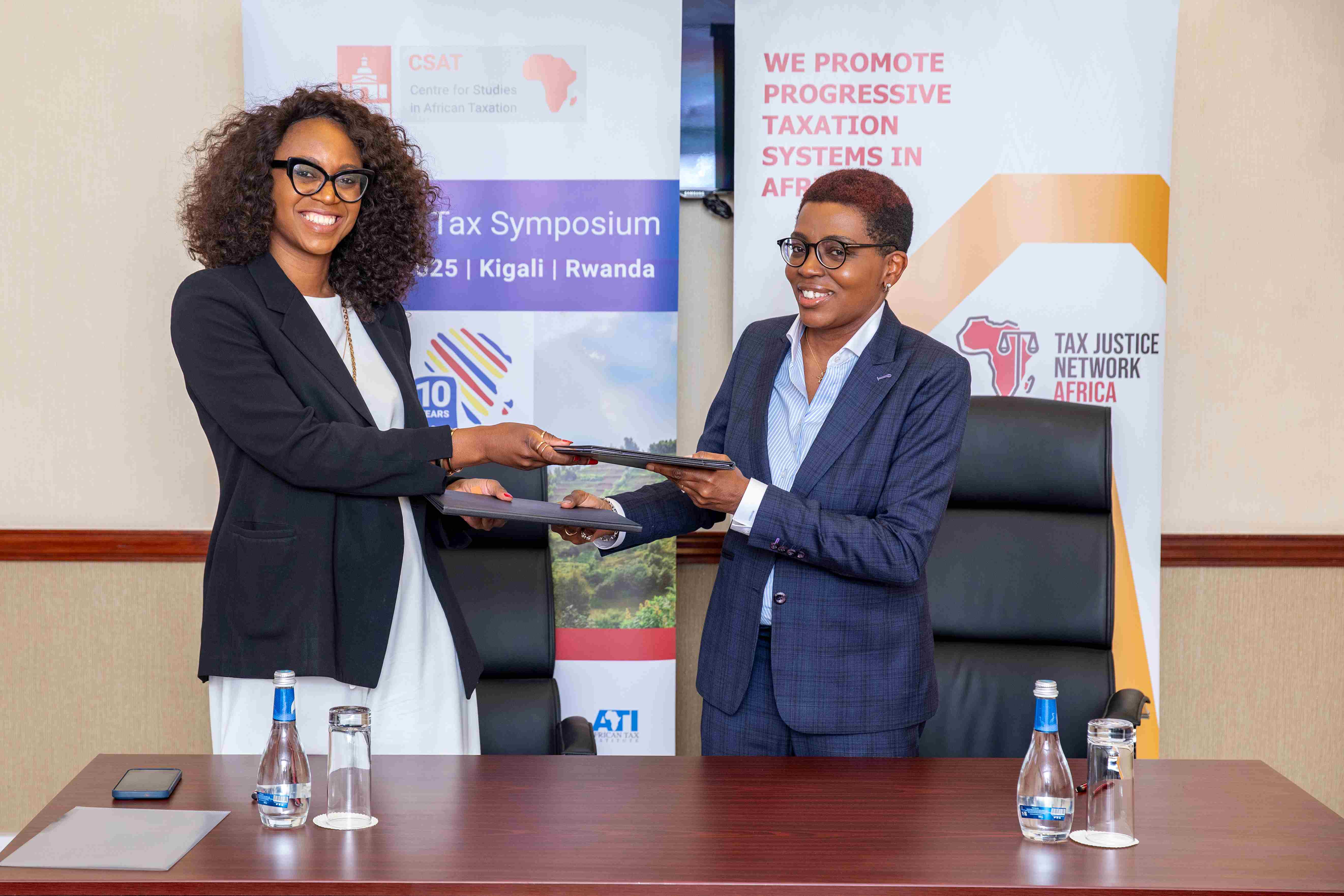
Double Taxation Agreements (DTAs) have become pivotal instruments in fostering international economic cooperation and preventing the unfair imposition of taxes on businesses operating across borders. However, within the African context, these agreements often raise concerns that demand attention.
Tax Justice Network (TJNA) has estimated that the world is losing over $483 billion a year thanks to corporations and the wealthy using tax havens to underpay tax.
And while many political choices can contribute to shortages of healthcare workers, the fact that elected governments are missing tax income is significant. The loss of revenue is not a case of careless misplacement, but the result of a system rigged in favour of powerful companies, the mega-rich and former colonial powers.
By 2021, the composition of Africa's debt had shifted notably. Private creditors held 44% of the continent's debt, up from 30% in 2010. This increase in private debt has implications for debt servicing costs and restructuring efforts, as private creditors often have different interests compared to multilateral or bilateral creditors.
One pressing concern is the potential for DTAs to perpetuate inequities in the distribution of tax revenues among African nations, contributing to a lack of fiscal justice and hindering sustainable development. TJNA seeks policy reforms around the negotiation process of DTAs, which can sometimes favour more economically powerful nations. In some instances, African countries may find themselves at a disadvantage when negotiating these agreements, leading to terms that may not be in their best interest.
TJNA advocates for transparency and inclusivity in the negotiation process, ensuring that African nations have an equal say in shaping the terms of DTAs to better align with their developmental goals.
The potential for abuse and exploitation of loopholes within DTAs poses a significant challenge to tax justice in Africa. Aggressive tax planning strategies by multinational corporations can exploit gaps in these agreements, resulting in profit shifting and erosion of the tax base in African countries.
TJNA also advocates for the incorporation of anti-abuse measures in DTAs, thereby promoting fair and effective taxation practices that prevent the erosion of African tax revenues.
The effectiveness of dispute resolution mechanisms within DTAs is another aspect that requires attention. Ensuring that African nations have access to efficient and impartial mechanisms to resolve disputes related to double taxation will contribute to a fair and just tax environment. TJNA advocates for the establishment of independent arbitration bodies or the enhancement of existing dispute resolution mechanisms within DTAs to safeguard the interests of African nations.





